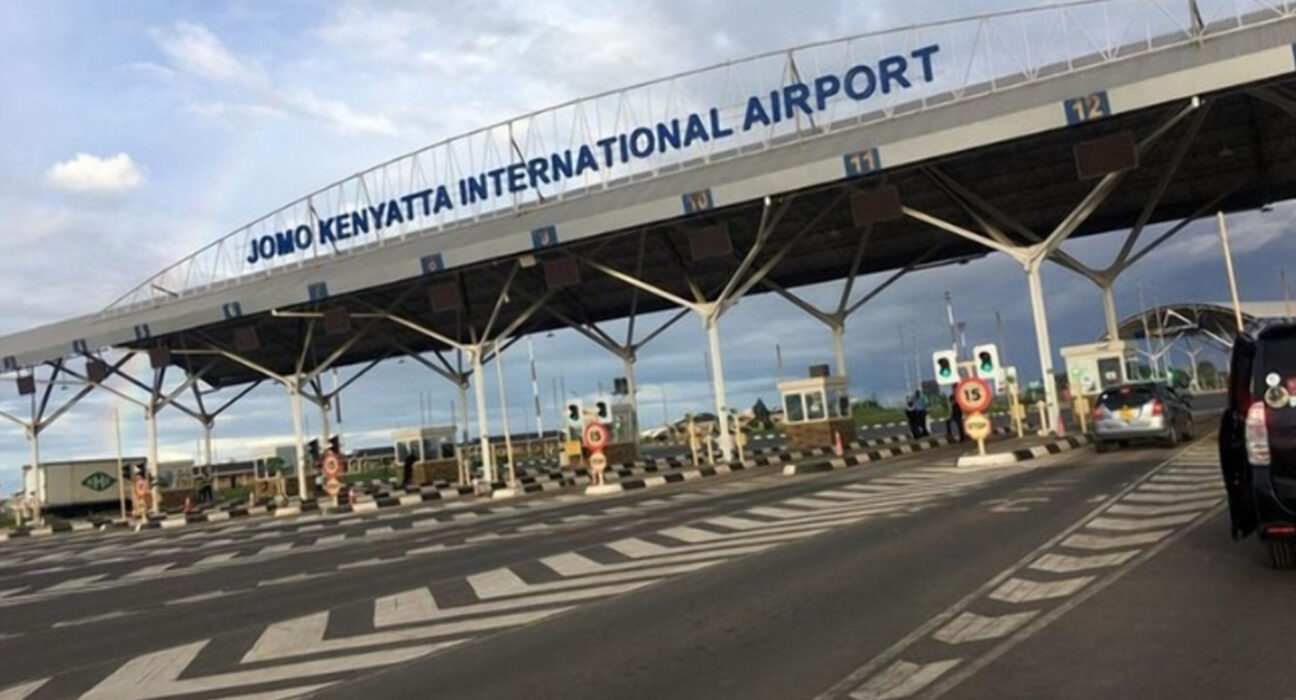In a significant legal development, the High Court of Kenya has granted the Law Society of Kenya (LSK) and the Kenya Human Rights Commission (KHRC) leave to file a judicial review challenging the Kenya Airport Authority’s (KAA) decision to lease Jomo Kenyatta International Airport (JKIA) to Adani Group for a period of 30 years. This decision came amid growing concerns over the transparency and implications of such a substantial agreement with the Indian conglomerate.
The court not only acknowledged the urgency of the application but also issued conservatory orders, effectively freezing any actions related to the Adani proposal over JKIA until the case is conclusively determined. This move underscores the court’s commitment to ensuring that due process is followed in public contracts and concessions, especially those involving critical national infrastructure.
The case, presided over by Hon. Justice J. Chigiti, has stirred significant public interest as it touches on national security, economic sovereignty, and public accountability. According to the court’s directions, the application was certified as urgent, and all parties involved are required to file and serve their respective submissions within the stipulated timelines. The matter is set to be mentioned on October 8, 2024, aiming to expedite the process and secure a judgment date as promptly as possible.
This legal intervention follows widespread outcry from various stakeholders, including civil society organizations, legal bodies, and the general public, who have raised alarms about potential risks and the lack of transparency in the leasing process. Critics of the lease agreement argue that it could compromise the operational integrity and security of Kenya’s largest and busiest airport, suggesting that national interests may not have been fully considered.
The decision to halt the lease operation highlights the judiciary’s role in safeguarding public interest from potentially exploitative agreements that may not fully align with the country’s strategic interests. It also emphasizes the importance of thorough scrutiny in governmental dealings, particularly those involving foreign entities and significant national assets.
As the proceedings unfold, all eyes will be on the Milimani High Court as it delves deeper into the intricacies of the lease agreement, with implications that could redefine public-private partnerships in Kenya. The outcome of this judicial review will likely set a precedent for how similar cases are handled in the future, ensuring that national assets are managed transparently and with utmost accountability.





